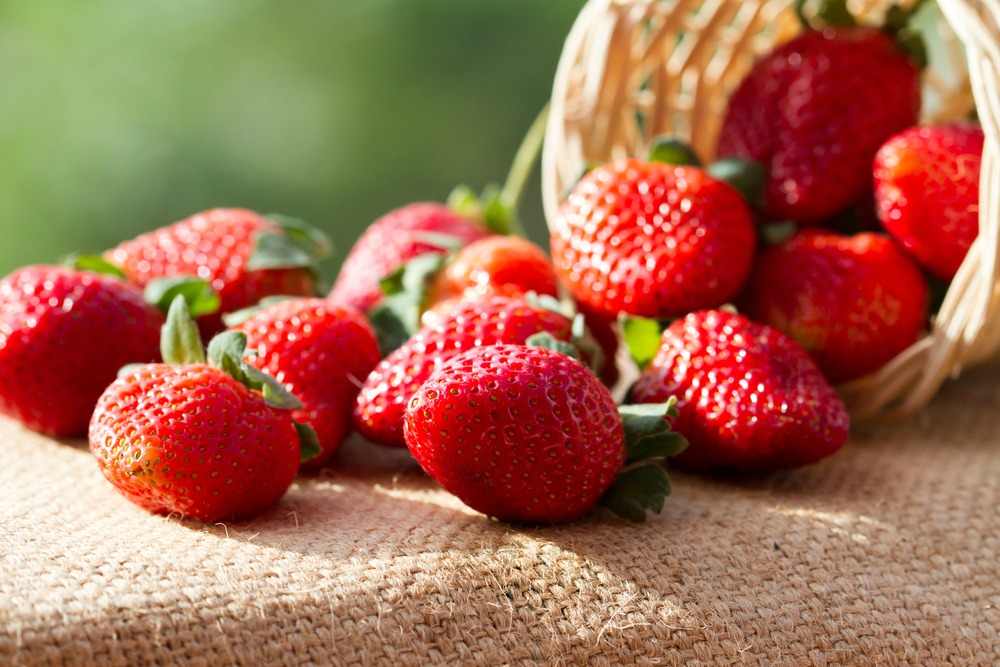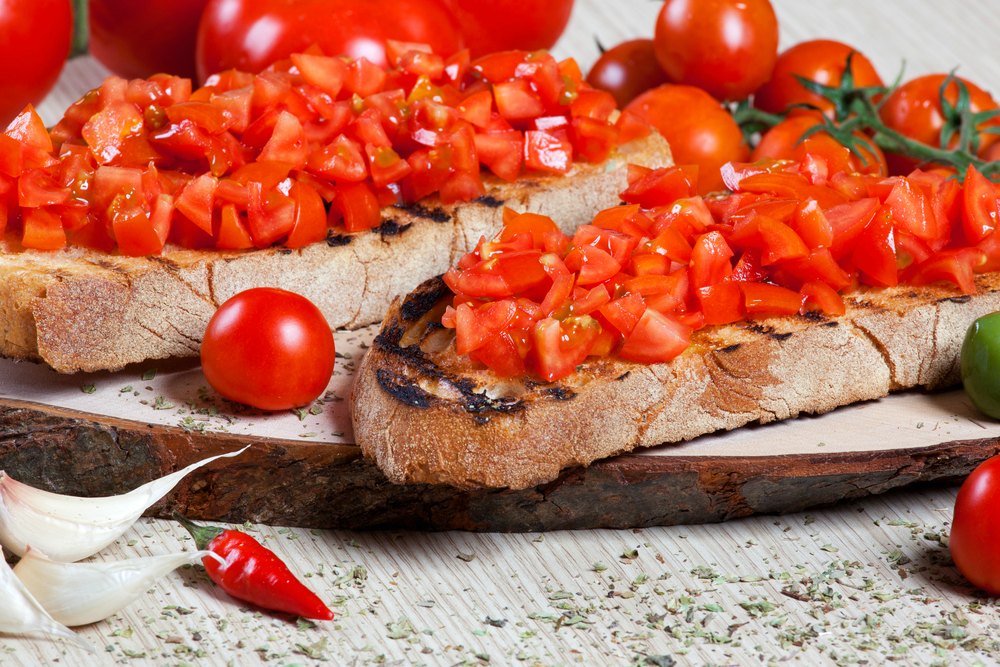
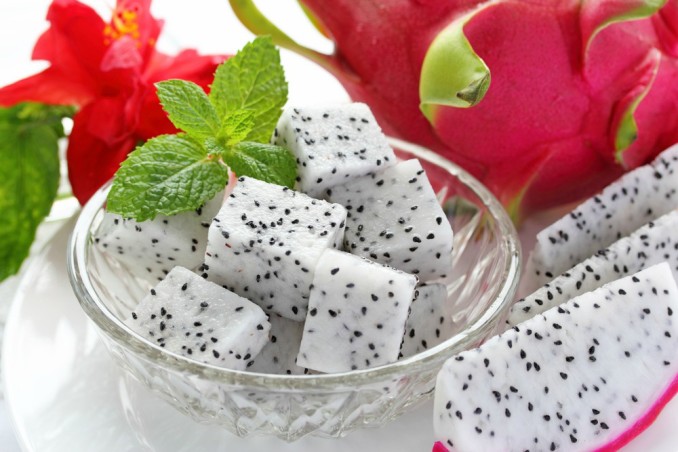
Does the thought of counting every single calorie you eat sound daunting to you?
Whoops…you just ate 20 calories more than what you need, so you rush to the gym in hopes of burning those extra calories you ate. You run as fast as you can, like a little hamster running on a wheel… on steroids! Otherwise, your beach body will go rounder… and rounder. 😉
But… what if there’s a better solution?
This is what this article is for. No, I haven’t forgotten about this series and the long-awaited Part 5.
Over the past few months, we’ve covered topics many of you gym enthusiasts wonder about, from the benefits of soaked nuts, to why you aren’t what you eat, and the best source of protein for workout recovery, why natural sugar and salt are your friend, and ingredients to avoid when choosing energy bar.
So, what’s missing?
We’ve saved the best to the last.
We’ll talk about:
- Why counting calories is an ineffective way to lose weight (Isn’t this a relief?)
- The rule to remember if you want to stay toned without counting calories
- One easy tactic to eat healthy on-the-run
Our interviewee, Dr. James Costello, returns today, with even more tips to share on the above topics – plus the all-important “how to lose weight without counting calories” point.
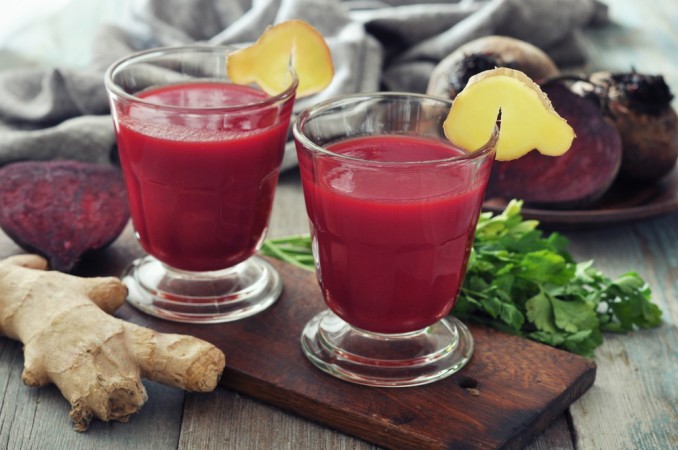
Q: Now that we have covered how to pick the best energy bar, let’s dive deeper into the concept of calories. Many of us choose our healthy snacks and bars based on the number of calories in them. You have been emphasizing on the importance of quatum calories, not just “calories in and calories out,” can you elaborate on that?
Why Counting Calories Does Not Work
Sure, let’s use an avocado and a bag of French fries as an example. Let’s say that the two have 500 calories respectively. The quality of the calories between the two is different, and hence the two foods are processed differently in our bodies. This also means that the avocado may not necessarily contribute to weight gain, while the bag of French fries would do so.
When you eat an avocado, the fats are metabolized by the naturally occurring fruit lipase and used by your body. When you eat French fries the fats are bereaved of enzymes, and stored as toxins.
When you ingest a lipid, what will end up digesting that fat and make sure you get nourished is an enzyme called “lipase.”
The lipase is naturally occurring in an avocado, especially a ripe one. This goes for all raw fruits and vegetables.
You eat the avocado, lipase dance with body and boosts brain health, nervous system and skin, so all the fat is used in the body. This applies to raw meat too, though you don’t get the fiber you get with the avocado.
Fats are one of the most important element in sustainable health.
The lipid-lipase mechanism in food works in a healthy individual if the food is raw – the enzymes make sure the fat will be assimilated or dispatched properly.
If the fats are processed in any way, like French fries, the lipid has no lipase.
Cooked lipids become distorted and mutated to a point that the body does not recognize them. As a result, our body stores the fats in places where we store toxins. This is why mucus builds up in our colon.
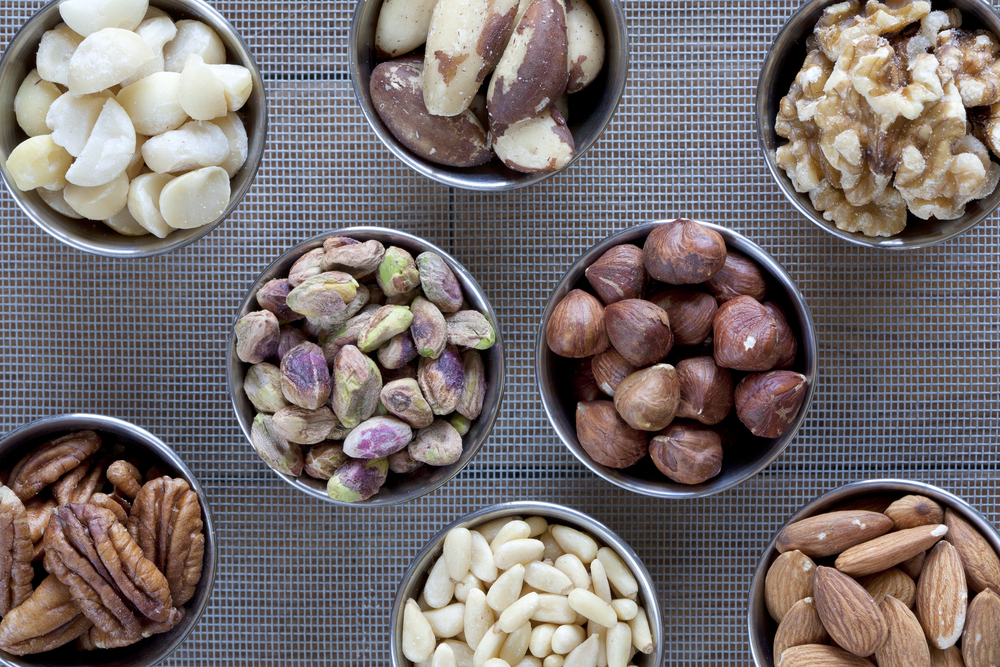
Q: So are you saying that calories DON’T matter?
If you’re eating modern foods that are highly heated and processed, yes the calories idea becomes valid.
However, if you’re keeping foods under water temperature (below 1ooC / 212F), the food you eat is recognized as something that can be nourished in your body.
For instance, our brain is full of fatty acids/lipids. There is a lot more fat and water than there is protein in the brain. Our health depends on cell activities, and the activities are depending on the membrane, which is largely dependent on the lipids.
The quality of lipids you eat with determine your health.
If the fats you ingest are from fries and cooked steak, you will have droopy eyes, foggy brain, and more-than-average gray hair, and cellulite.
If you have plant-based super energetic lipids in diet from coconut, sprouted nuts and seeds, coconut, avocado, olives, you will feel energetic and are more likely to be skinnier than the person who eats lots of cooked meat, even if you eat the same amount of calories.
Q: If monitoring calories is not the best way to manage one’s weight, what’s a better way to do that, especially when you’re on the road working, and some restaurants may not offer healthy options?
We follow the boiling temperature rule, which means no cooked foods above 100C/212F.
In restaurants, we ask for salads (no dressing), lightly steamed vegetables and lots of fruit.
We bring our own Himalayan salt and request for no seasoning and oil.
Q: As a westerner who have lived in Asia for 27 years, what is the one Asian health philosophy you think the West can adopt?
Balance is key.
For instance, too many foods like watermelon or celery will make you too cold, opposite of the heating phenomenon in Traditional Chinese Medicine, so you want to eat less of them.
And try not to be “orthorexic,” characterized by an extreme or excessive preoccupation with avoiding foods perceived to be unhealthy. Be happy with your food! It is ok to eat refined birthday cake or drink in social situations once in a while. Your mindset matters most, especially given the placebo effect. If you think you’re healthy, you’re likely to be healthier!
Coming Up Next
So that takes us to the end of this series on our interview with James.
But there’s more on the way!
I haven’t forgotten about fermented foods, effect of stress on your body, some of the other ongoing interviews, and that is all coming up.
In the meantime, check out Stephen James Organics’ Bars.
*In traditional Chinese medicine, heat reaction refers to an imbalance cause in body by a food or combination of foods which engender fire element. An example is eating 20 mangos and getting 5 pimples day. About Dr. Costello: Dr. James Costello is the Co-Founder of Stephen James Organics. Drs. Stephen and James Costello are brothers who share a passion: optimum health. The company started when Steve wanted to give his son healthy energy bars, but those available were either unhealthy, tasted terrible, or both. So, the brothers set to work on making their own, creating Stephen James Organics.
If you missed any of parts 1, 2, 3, and 4 with Dr. James Costello, check them out here:
- Sprouted, Raw Nuts: The Best Healthy Foods to Enhance Digestion, Increase Energy and Lose Weight?
- If Soaked Nuts and Whey Fight to Death, Who Comes Out Alive?
- Are All Salt and Sugar Really the Villain to Weight Loss and Health?
- 4 Surprising Ingredients To Avoid When Choosing an Energy Bar
And if you want another opinion on fats, please check out our interview series with Dr. Douglas Graham, Author of the 80/10/10 Diet:
- 80/10/10: The Hottest and Most Overlooked Diet For Athletes? (Part 1)
- 80/10/10: Cut Down Fat and Recover Twice as Fast from Workouts? (Part 2)


